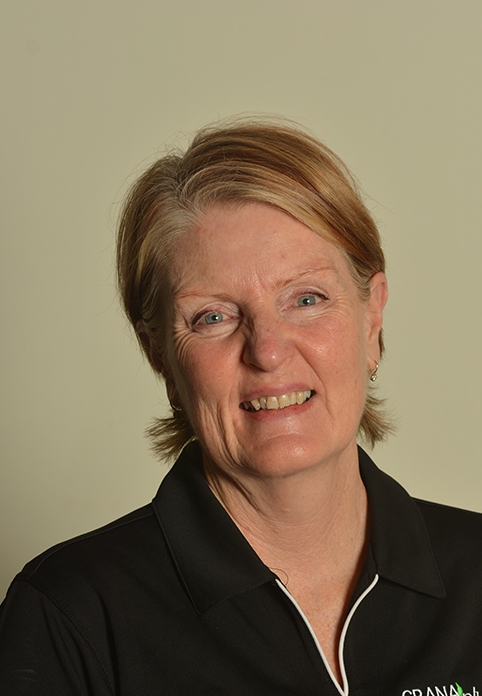This site may not work properly using older versions of Edge and Internet Explorer. You should upgrade your browser to the latest Chrome, Firefox, Edge, Safari, or any other modern browser of your choice. Click here for more information.
Your Stories
This is where we tell your stories, cover topical issues and promote meaningful initiatives.
Put sepsis at the forefront
RN, RM and Remote Clinical Educator at CRANAplus, Leonie McLaughlin, is passionate about helping nursing staff in remote communities provide best-practice care in the absence of maternity services and care providers. Here, she discusses CRANAplus’ recently updated Maternity Emergency Care (MEC) and Midwifery Upskilling (MIDUS) courses and why sepsis needs to be front of mind.
“There are not a lot of midwives in remote locations and so remote area nurses (RANs) often have to step up and look after pregnant women, new mums and their babies outside their normal scope of practice,” says Leonie.
“One of our major goals at CRANAplus is to provide support to these remote nurses, by providing them with the skills, tools and information they need to be confident in their assessment and collaborative care of the peripartum woman.”
Along with her colleague Amanda Forti, Leonie coordinates more than 30 MEC and MIDUS courses throughout the year across Australia.
The pair have spearheaded recent course updates, such as more interactive, hands-on learning in the MEC course and additional course and pre-course learning material.
“We cover emergency and co-morbidity situations in maternity, but also the normal aspects of ante and postnatal care,” Leonie explains, “such as the skills to conduct a thorough assessment for pregnant women, understanding the normal pregnancy, birth and postnatal period.
“This is often ‘bread and butter’ for these RANs in consultation with their local maternity care providers, and, importantly, then enables the RANs to identify variations from normal, and to escalate care in a timely manner.”
One such variation is sepsis. As defined by the Sepsis Alliance, sepsis is the ‘body’s overwhelming and life-threatening response to infection that can lead to tissue damage, organ failure, and death… Sepsis can lead
to severe sepsis and septic shock.’
Sepsis is now a major focus in CRANAplus’ recently updated MEC and MIDUS courses. Early recognition and commencement of treatment are vital; doubly so in a low-resource remote setting where
help is further away.
“It’s all very well for the nurse to have the skills to assess and consult, but providing treatment in the first hour and getting the patient to the hospital are also key priorities,” Leonie says.
“As per the sepsis guidelines and pathways, we encourage nurses to always consider sepsis as a possibility in any presentation, and to keep at the front and centre of their mind: ‘Could this be sepsis?’
“In maternity care, one of the things pregnant women can present with may appear to be pneumonia or a urinary tract infection. With a postnatal patient, it could be mastitis, a wound, or retained products – but always, ‘Could this be sepsis?’”
Leonie says there is an excellent array of resources and information available online to help clinicians identify and manage sepsis (refer to the box below).
“On each course, we may have 24 participants, all from remote communities, and each situation can be different,” says Leonie.
“These participants are our peers, and they are often very, very experienced nurses and midwives, who need to translate what needs to be done into their own settings.
“The more generic questions we share are so important. Questions like: ‘Do I have a birthing box?’ ‘What drugs do we have on hand?’ ‘Are they in date?’ ‘Who is in charge of checking these resources?’
“When our course participants go back to work, we encourage them to review their local protocols, equipment and resources.
“We’ve had participants report that, on checking, they’ve discovered drugs that are well out of date, and birthing kits that need re-sterilising or refreshing.
“This course gives participants the opportunity to pause for thought, to think about their protocols and their birthing kits, neonatal resus equipment, other equipment and resources for maternity care, and how they will prepare for and respond to the presentation of a peripartum woman.”
To register for an upcoming MEC or MIDUS course, visit CRANAplus Face-to-face Courses.

